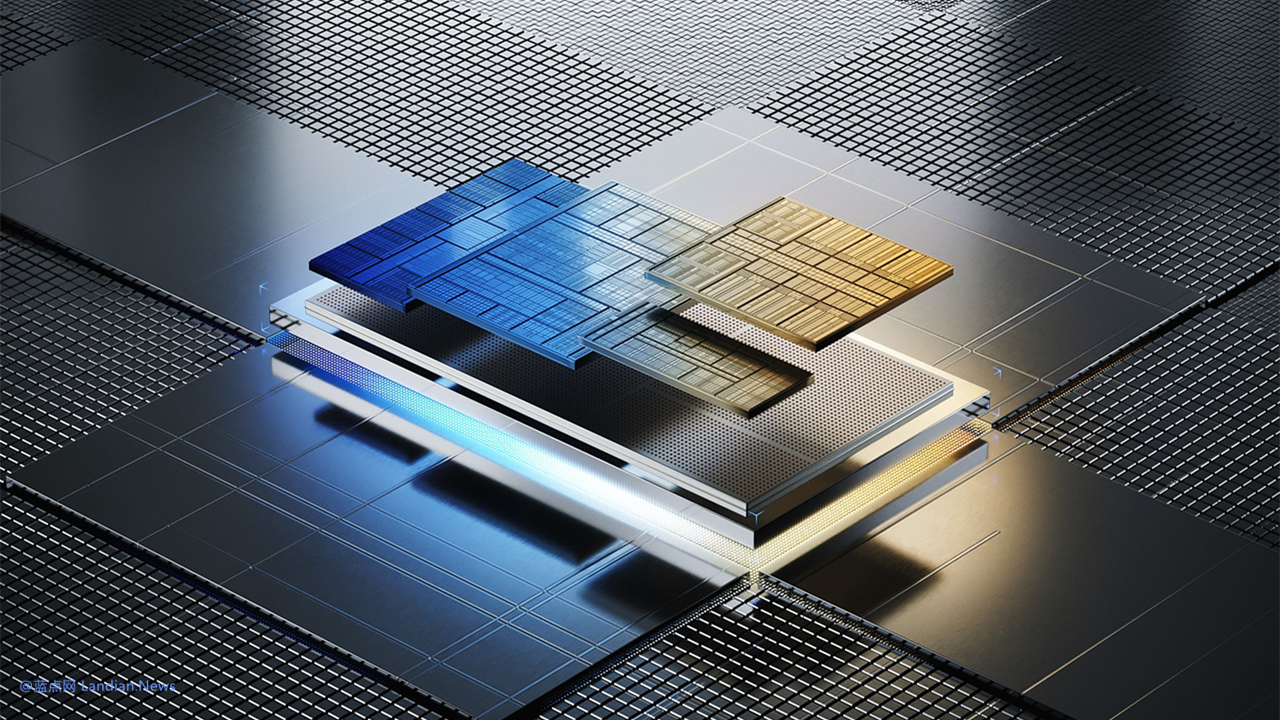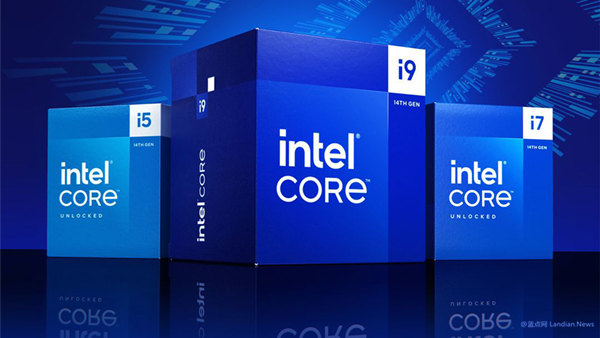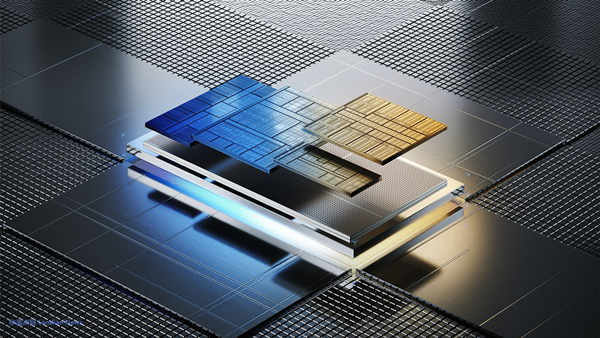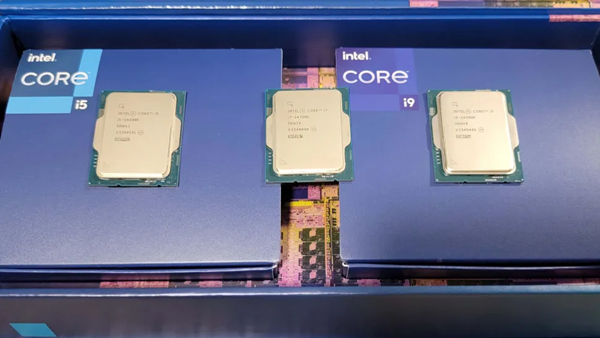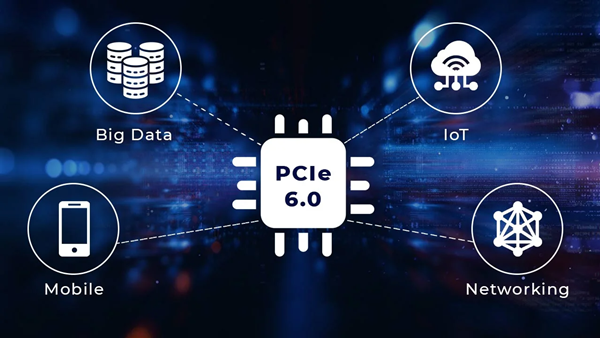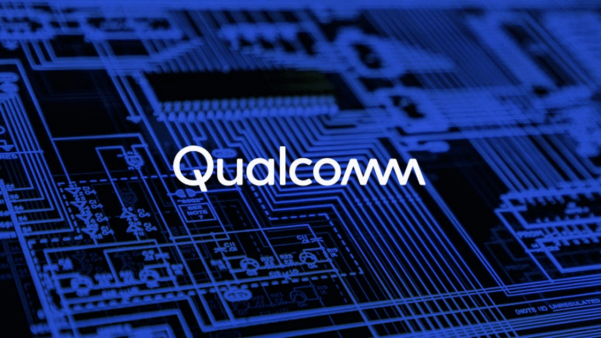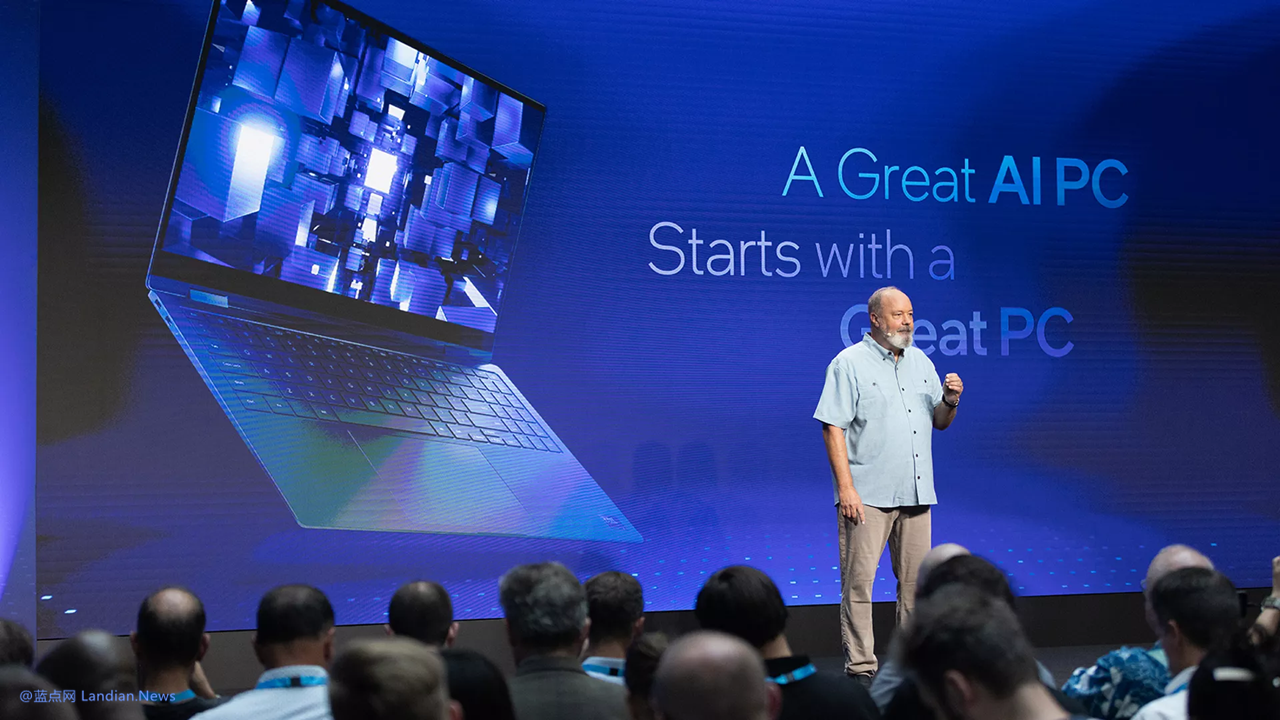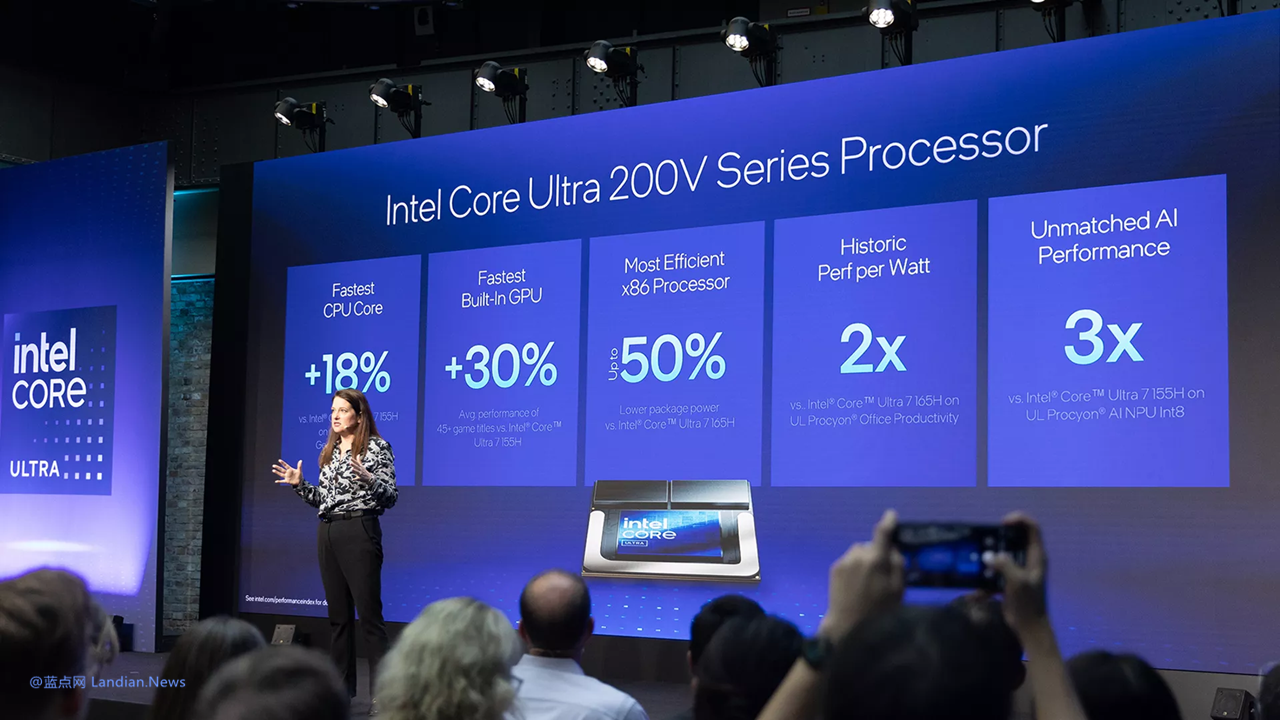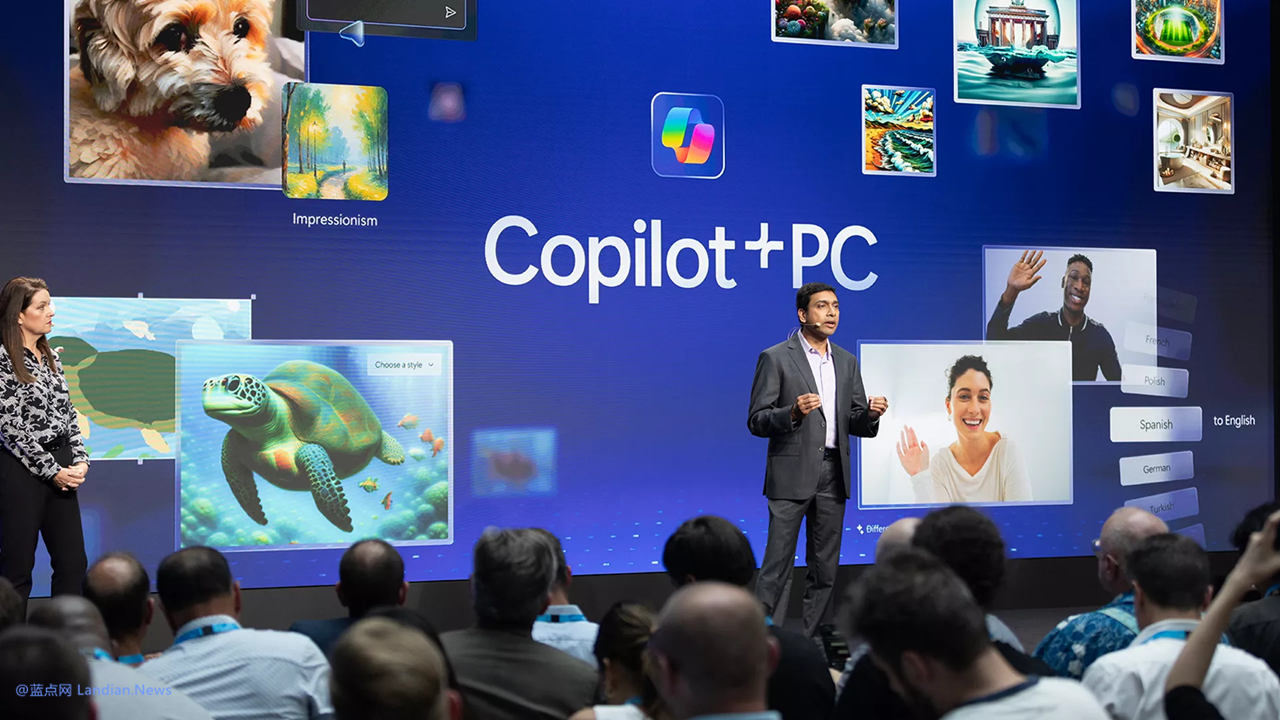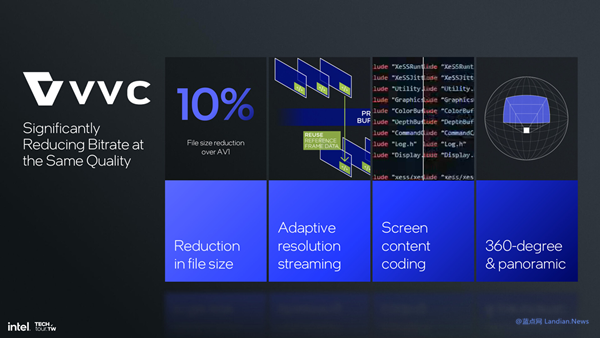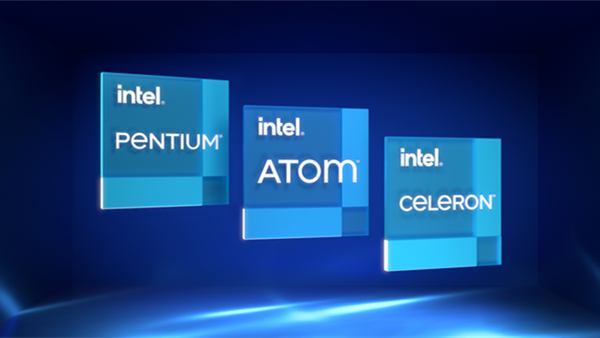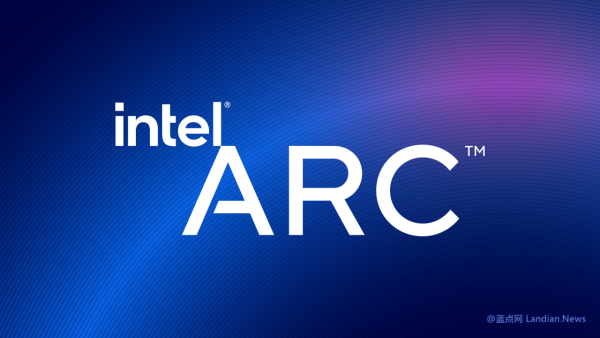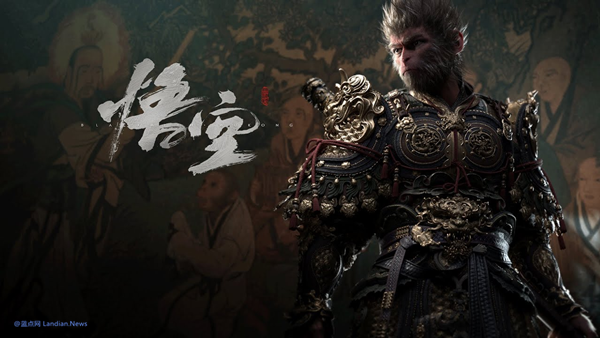Breaking News: Intel CEO Pat Gelsinger Announces Retirement, Establishes Interim Co-CEO Leadership
Intel has just announced that its CEO, Pat Gelsinger, retired on December 1, 2024, also stepping down from his role on Intel's board of directors and not holding any other positions within the company.
To address the CEO's resignation, Intel has formed an interim technical team, led by Intel's Executive Vice President and Chief Financial Officer David Zinsner, and Michelle Johnston Holthaus, CEO of Intel's Client Computing Group, serving as co-CEOs to oversee operations.
The co-CEO arrangement, where two CEOs collaborate to manage the company, is typically a temporary strategy until Intel finds a suitable permanent CEO candidate, potentially selecting from within the duo or recruiting an external candidate.
Intel's official press release states that the board has established a search committee to find a suitable successor to Gelsinger. As of now, there are no clear indications of who might be the next CEO of Intel.
During this transition period, Frank Yeary, Intel's independent chairman of the board, will act as the temporary executive chairman, while the leadership of the chip design and manufacturing divisions remains unchanged.
Pat Gelsinger first joined Intel in 1979 and was the chief architect of Intel's fourth-generation 80486 processor, becoming vice president at the age of 32.
By 2001, Gelsinger had become Intel's Chief Technology Officer, leading the development of key technologies such as WiFi, USB, Intel Core, and Intel Xeon processors.
In 2009, Gelsinger left Intel to join EMC as president and CFO and became the CTO of VMware (an EMC subsidiary at the time) in 2012.
Gelsinger returned to Intel as CEO, at a time when Intel faced pressure from aggressive investors to restructure. He alleviated some of this pressure with a five-year strategic plan.
However, as is well known, the establishment of Intel's chip manufacturing division was initiated by Gelsinger. Despite its potential, this division represents a significant investment but has fallen behind competitors in advanced processing technologies and significantly lags behind Nvidia and AMD in the AI era, leading to a substantial drop in stock prices.
Gelsinger's resignation and retirement are undoubtedly influenced by these factors, and more insider details regarding his departure from Intel are expected to emerge soon.
